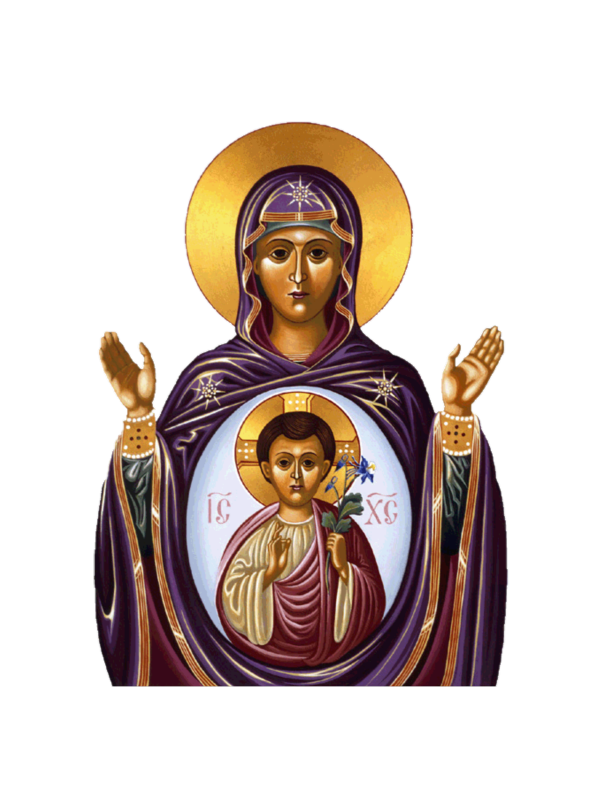Shame is a natural consequence of sin. Whenever we do something wrong, we want to hide; we don’t want anyone to see us, or talk to us; even if our sin is committed in private, we may at times feel that others are onto us. Edgar Allan Poe shows us the thoughts of a sinner in hiding: “Was it possible they heard not? ... –no, no! They heard! –they suspected! –they knew! –they were making a mockery of my horror!” This sinner in hiding was afraid that others already knew about his sin and were pretending not to. The story ends when the sinner readily admits his sin to the—unbeknownst to him—clueless bystanders.
Read MoreLeprosy was regarded with particular dread and abhorrence, not merely because of its hideous character and the risk of contagion, but also because it meant that the afflicted person would be cast out of the community. In fact, it can be compared to mortal sin.
Read MoreJob’s witness reminds us that every person experiences suffering. In our suffering we may feel that there is no end, no solution, to our pain. As Catholics, however, we know that every part of our lives, even suffering, has meaning. St. Paul affirms this when he says that he became weak “to win the weak.” Weakness is not good in itself, but we can choose to be so, in order to better spread the Gospel of Chris
Read More


